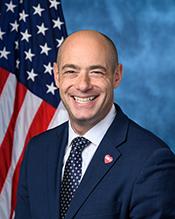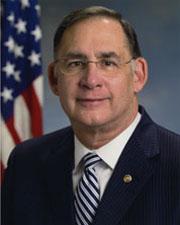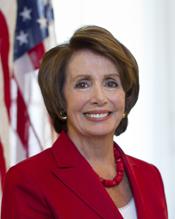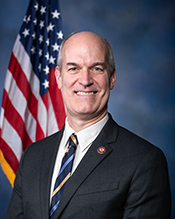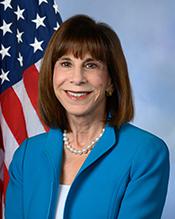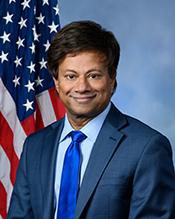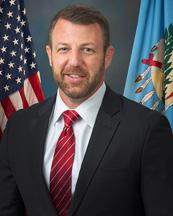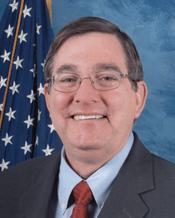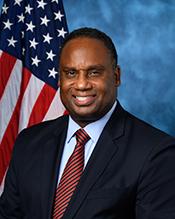H.R. 633: Tools to Address Known Exploitation by Immobilizing Technological Deepfakes On Websites and Networks Act
This bill, known as the **Tools to Address Known Exploitation by Immobilizing Technological Deepfakes On Websites and Networks Act** or the **TAKE IT DOWN Act**, aims to establish regulations regarding nonconsensual intimate visual depictions and digital forgeries. Here are the main points of what the bill proposes:
Prohibition of Nonconsensual Intimate Visual Depictions
- The bill makes it illegal to intentionally disclose nonconsensual intimate visual depictions of identifiable individuals, whether these depictions are real or digitally created (for example, through the use of software or artificial intelligence).
- It introduces specific definitions for terms such as "consent," "digital forgery," and "intimate visual depiction," along with classifications for identifiable individuals.
- Publishing an intimate visual depiction of an adult without consent is prohibited if the individual had a reasonable expectation of privacy, and if the depiction was intended to cause harm or does cause harm.
- Similar restrictions apply to minors, making it unlawful to publish any intimate visual depictions with the intent to abuse or degrade the minor.
Notice and Removal Process
- The bill requires covered platforms (like websites and online services) to set up a process for individuals to report nonconsensual intimate visual depictions and request their removal within one year of the law's enactment.
- Individuals must provide verification, including a signature, sufficient identification details about the content, and a statement regarding the nonconsensual nature of the depiction.
- Upon receiving a valid removal request, platforms are obligated to act quickly, removing the content and any known duplicates within 48 hours.
Liability and Enforcement Measures
- The bill specifies limitations on liability for platforms that act in good faith to remove reported content, meaning they cannot be held responsible if it later turns out that the content was not unlawfully published.
- The Federal Trade Commission (FTC) is tasked with enforcing the provisions and can treat noncompliance as a deceptive act or practice.
- The bill outlines penalties for individuals violating these prohibitions, with harsher penalties for cases involving minors.
Definitions and Scope
- The term "covered platform" includes websites and online applications that host user-generated content but excludes certain types of services like broadband providers and email services.
- The law ensures that consent to create intimate visual content does not automatically imply consent to publish it.
Relevant Companies
- GOOGL (Alphabet Inc.): As a major technology company providing platforms for user-generated content, changes to regulations regarding nonconsensual content could require adjustments in content moderation practices.
- FB (Meta Platforms, Inc.): Being owner of multiple social media platforms, this bill would impact how Meta manages and responds to reports of nonconsensual intimate depictions on its services.
- SNAP (Snap Inc.): As a platform that allows users to share photos and videos, Snap would need to comply with the new requirements concerning the removal of nonconsensual content.
This is an AI-generated summary of the bill text. There may be mistakes.
Sponsors
42 bill sponsors
-
TrackMaria Elvira Salazar

Sponsor
-
TrackStephanie I. Bice
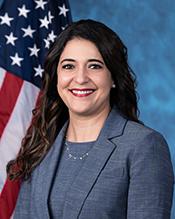
Co-Sponsor
-
TrackLauren Boebert
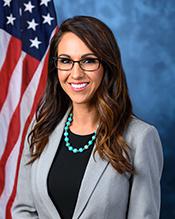
Co-Sponsor
-
TrackRobert Bresnahan

Co-Sponsor
-
TrackVern Buchanan
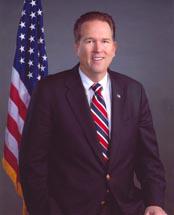
Co-Sponsor
-
TrackSalud O. Carbajal
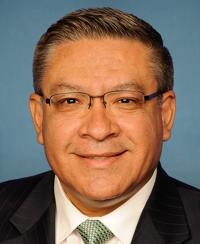
Co-Sponsor
-
TrackEarl L. "Buddy" Carter
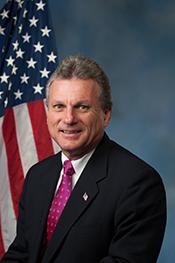
Co-Sponsor
-
TrackJim Costa

Co-Sponsor
-
TrackAngie Craig
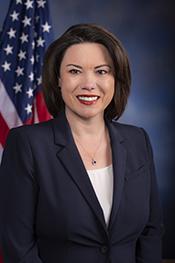
Co-Sponsor
-
TrackDan Crenshaw
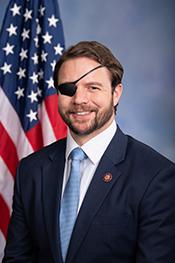
Co-Sponsor
-
TrackHenry Cuellar
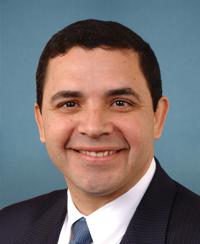
Co-Sponsor
-
TrackMonica De La Cruz
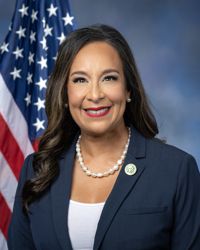
Co-Sponsor
-
TrackMadeleine Dean
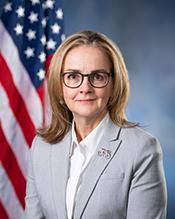
Co-Sponsor
-
TrackDebbie Dingell
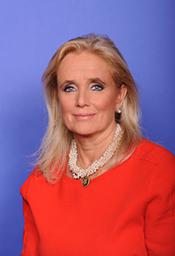
Co-Sponsor
-
TrackChuck Edwards
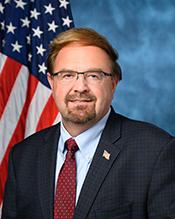
Co-Sponsor
-
TrackJulie Fedorchak
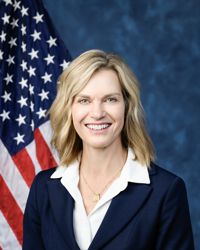
Co-Sponsor
-
TrackBrian K. Fitzpatrick

Co-Sponsor
-
TrackRuss Fulcher
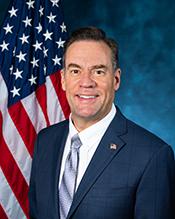
Co-Sponsor
-
TrackCraig Goldman
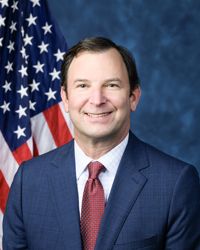
Co-Sponsor
-
TrackLance Gooden
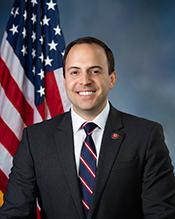
Co-Sponsor
-
TrackMichael Guest
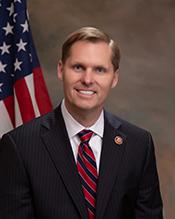
Co-Sponsor
-
TrackAbraham Hamadeh

Co-Sponsor
-
TrackPat Harrigan
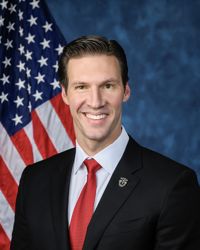
Co-Sponsor
-
TrackClay Higgins
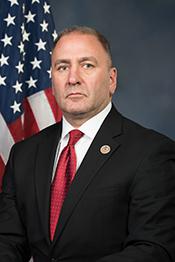
Co-Sponsor
-
TrackJeff Hurd

Co-Sponsor
-
TrackThomas H. Kean, Jr.
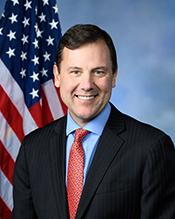
Co-Sponsor
-
TrackRo Khanna

Co-Sponsor
-
TrackNick LaLota
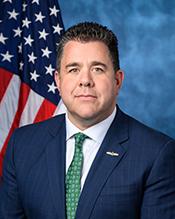
Co-Sponsor
-
TrackSusie Lee
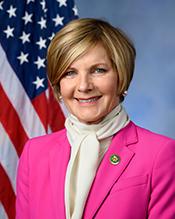
Co-Sponsor
-
TrackRyan Mackenzie
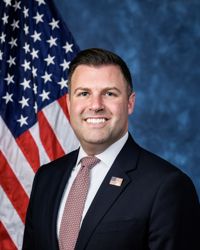
Co-Sponsor
-
TrackNicole Malliotakis

Co-Sponsor
-
TrackSarah McBride

Co-Sponsor
-
TrackDaniel Meuser
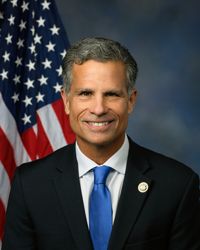
Co-Sponsor
-
TrackZachary Nunn
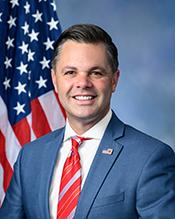
Co-Sponsor
-
TrackJay Obernolte
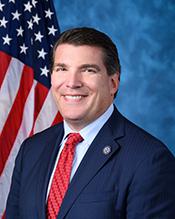
Co-Sponsor
-
TrackAugust Pfluger
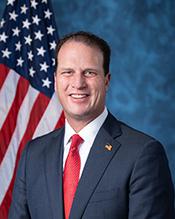
Co-Sponsor
-
TrackStacey E. Plaskett
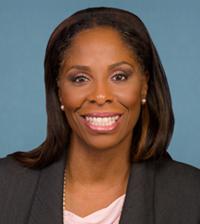
Co-Sponsor
-
TrackChristopher H. Smith

Co-Sponsor
-
TrackThomas R. Suozzi

Co-Sponsor
-
TrackJefferson Van Drew
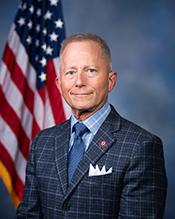
Co-Sponsor
-
TrackRoger Williams
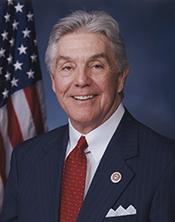
Co-Sponsor
-
TrackJoe Wilson
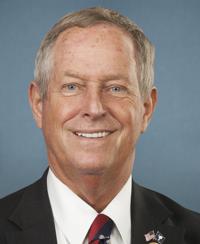
Co-Sponsor
Actions
4 actions
| Date | Action |
|---|---|
| Apr. 08, 2025 | Committee Consideration and Mark-up Session Held |
| Apr. 08, 2025 | Ordered to be Reported by the Yeas and Nays: 49 - 1. |
| Jan. 22, 2025 | Introduced in House |
| Jan. 22, 2025 | Referred to the House Committee on Energy and Commerce. |
Corporate Lobbying
0 companies lobbying
None found.
* Note that there can be significant delays in lobbying disclosures, and our data may be incomplete.
